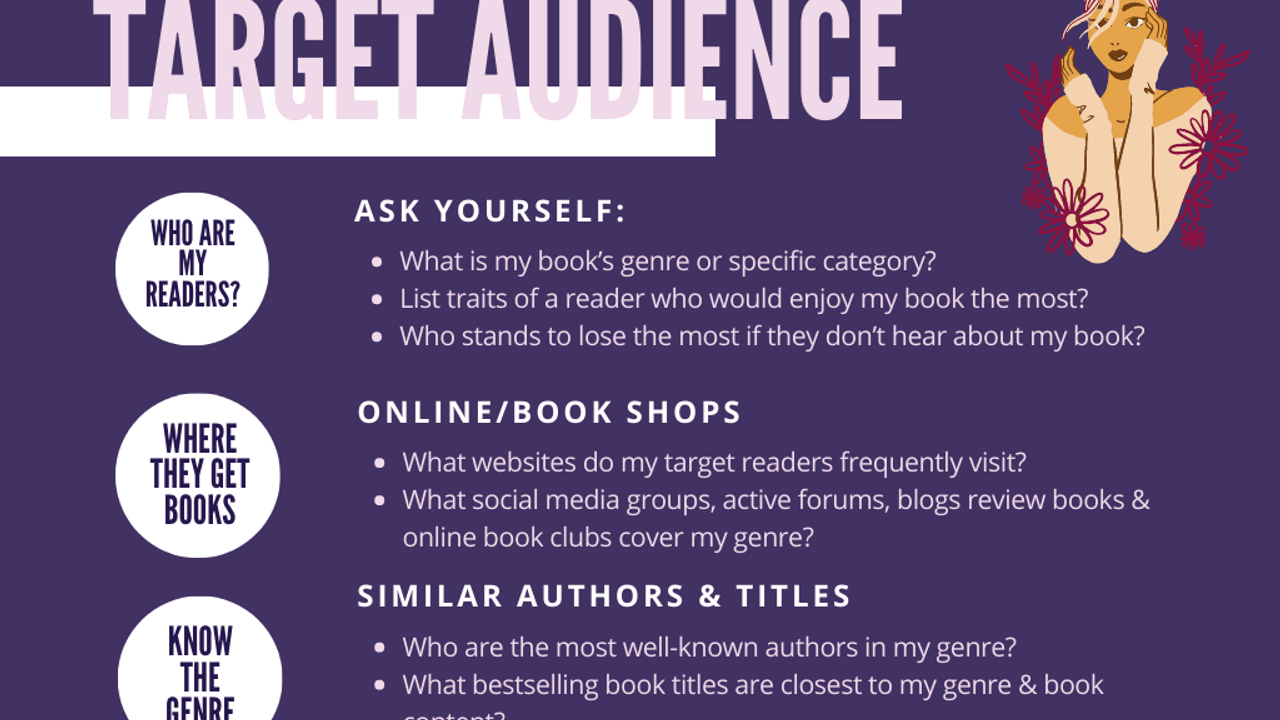An ideal audience?
Dec 09, 2022
by, Maya Amaele Liebermann
I come to the writer’s circle to share connection, inspiration, and writing insight.
That is exactly what I experienced today.
In the writer's circle today, we focused on defining our ideal book audience.
In a cozy video breakout discussion room with my two circle partners, I freely confessed that I hated -yes, hated, the idea of identifying an ideal audience for my yet to be conceived and written book.
Put another way - ahem, I was having some resistance to defining my ideal audience.
After all, I wanted my book - no matter the topic- to reach everyone anywhere, regardless of race, class, gender, religion, or politics.
No small feat, eh?
As our breakout discussion evolved, my circle partners graciously shared their perspectives on how they were each identifying their ideal audience.
One writing circle partner said her ideal audience would be readers who feel themselves to be in alignment with the basic spiritual theme of her book.
Reading her book would provide her readers a chance to engage with her unique perspective and stories on a topic of spiritual healing, for which they already shared an affinity.
This author openly acknowledged the spiritual topic of her book may be dismissed by some.
They were not her ideal audience.
My circle discussion partner felt an inner calling to speak to readers whose minds and hearts are already open to the premises of her book-in-the-making.
She reflected that perhaps a time would come when she would like to write for readers who felt dismissive or judgmental of her book topic.
For now, she felt inspired to write for a like minded audience.
What this discussion partner shared, enabled me to understand how writing a manuscript is as much for the pleasure of the author as for the audience.
I could easily imagine my own sense of emotional healing and satisfaction through writing for an audience with an open hearted affinity for my writing topic.
I imagined my ideal audience as an extension of myself in terms of our shared sensibilities for the main themes of my book.
Being in a breakout room with two circle partners meant double the insight and sharing - or triple, including myself.
The next writing circle partner shared that it can be helpful to identify an ideal audience by recognizing who the book is not being written for.
For example, this author's manuscript was not being written in mind for an audience who participates in hate speech and commits violent hate crimes.
Clear enough.
This author explained that her book is intended for an audience that already identifies to at least some degree with the specific themes of nature and healing in her book.
This writing circle discussion partner also identified the emotional state that her ideal audience may be in.
Ideally, her content could appeal to readers who may feel confused about their inner sense of direction. Her book could help provide readers with a natural cyclical framework for navigating their inner relationship to their changing emotional and physical states in accordance with planetary rhythms.
- I felt myself resonating with the idea of identifying and writing to the emotional state of my reader.
- I felt a deep sense of meaning, comfort, and compassion, inherent to a book with a healing focus.
- I could feel myself inclining toward the theme of healing in the book.
- Both of my writing circle partners helped to illuminate this for me.
- Simply by sharing their authentic process with me.
As a gift to me, this discussion partner then offered to share her insight into my resistance in identifying my ideal book audience.
Her intuition told her that perhaps there was an inner wisdom guiding my desire to write for a universal audience.
Maybe my wish to not define my audience was an indication that I would want to write my book in such a way that was as inclusive of as many identities as possible.
Alternately, perhaps my resistance in defining my ideal audience reflected back onto insecurities I feel about my book message or my author's identity as perceived by a public audience.
I felt seen and heard by my writing circle partner.
It felt emotionally true that I want my book to speak to the heart of all people.
I dream of writing to transcend audience differences of social, cultural, and political identity.
I would love for my perception of my personal identity to not interfere with how I can imagine the content of my book will be received.
At the same time, I want my writing process to nurture and energize me.
I enjoy imagining an agreeable, like-minded readership who resonates with what I write.
After all the riches shared in our breakout discussion, there was even more writing insight to share when we rejoined our entire writer’s circle in the common room.
As always, Dr. Adrienne offered helpful food for thought:
- It’s understandable to want to write for all people everywhere.
- Even so, there is probably a more specific audience who will gravitate to your book.
- How can you identify that audience?
Consider:
What problem does your book solve?
How does it solve that problem?
Who does it solve that problem for?
Imagine:
Who is your dream reader?
I could feel myself becoming more peaceful and energized in exploring these questions.
Maybe I don’t hate identifying who my ideal audience is after all.
In fact, it has become my pleasure to entertain the question.
Thank you, writer’s circle.
Want to know more about defining your target audience? Access our DIY course and learn helpful tips about book marketing: https://redthreadbooks.mykajabi.com/products/diy-book-marketing/categories/2148059596/posts/2149533858
